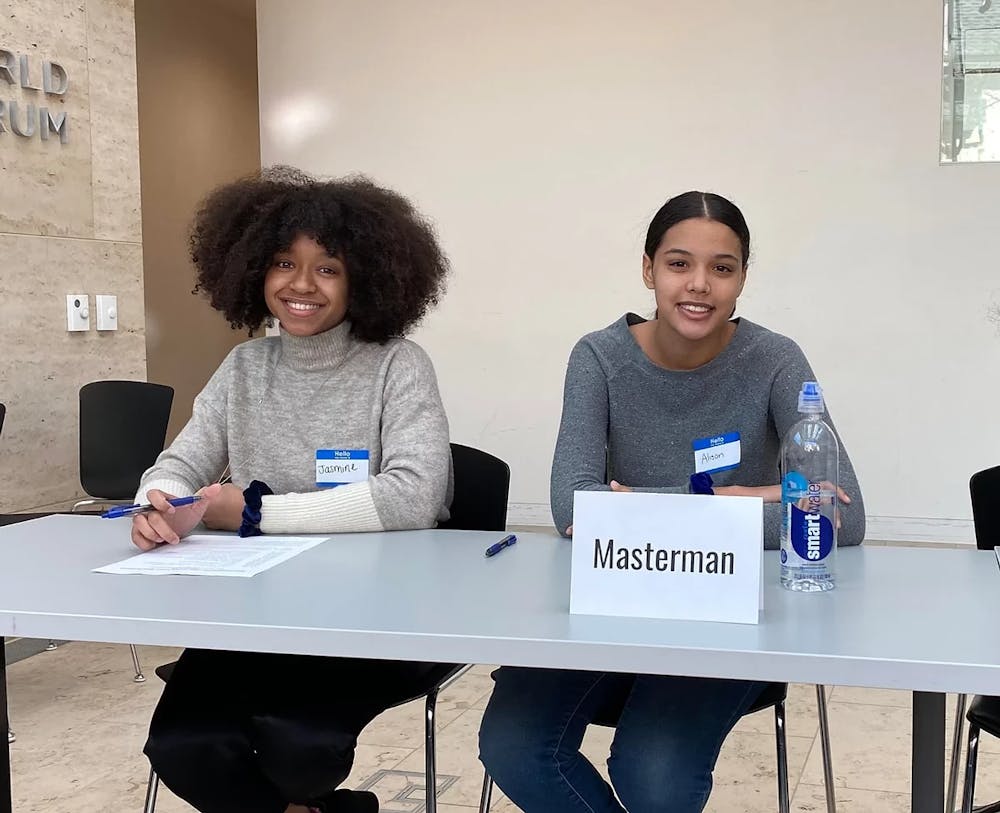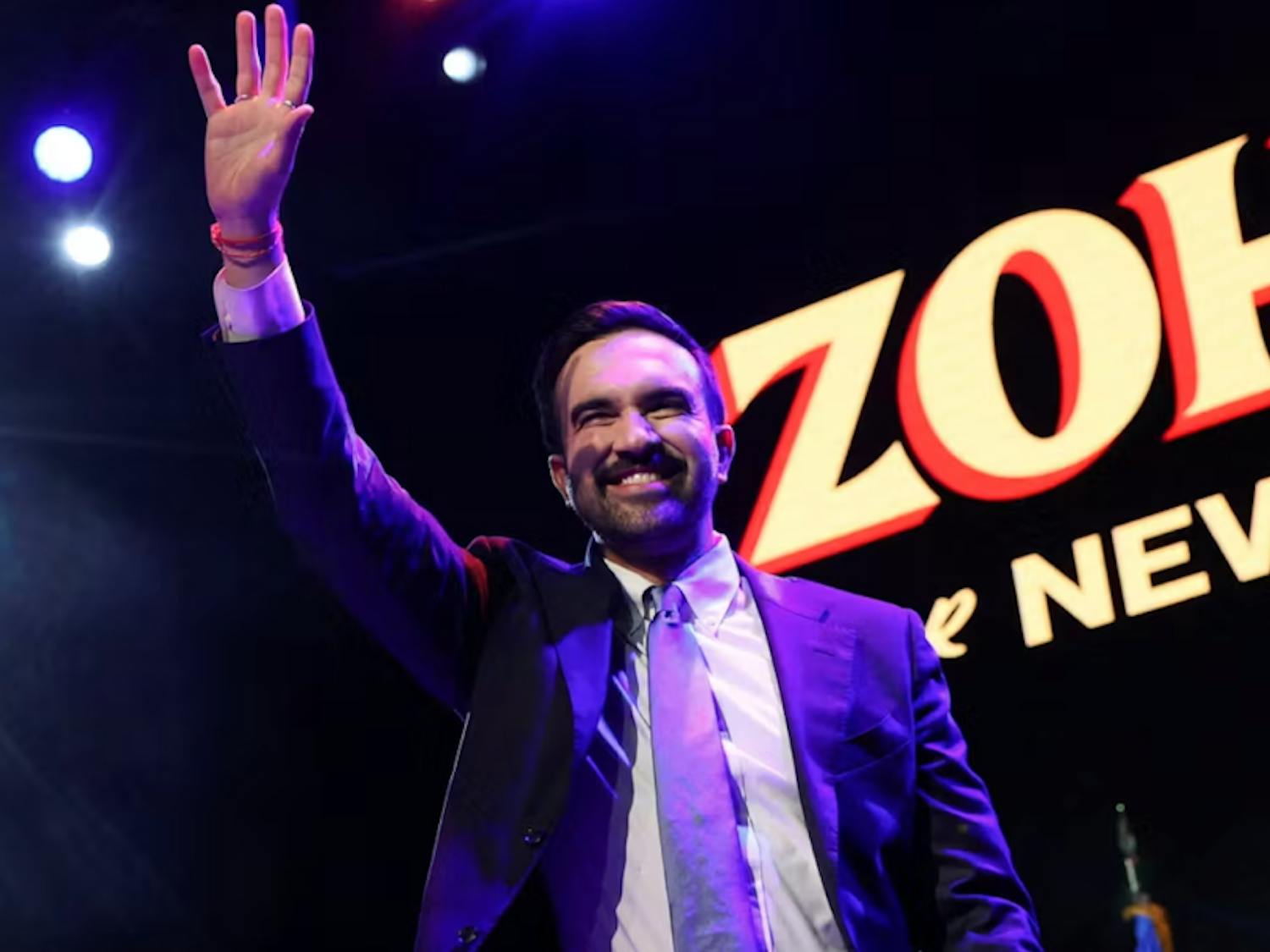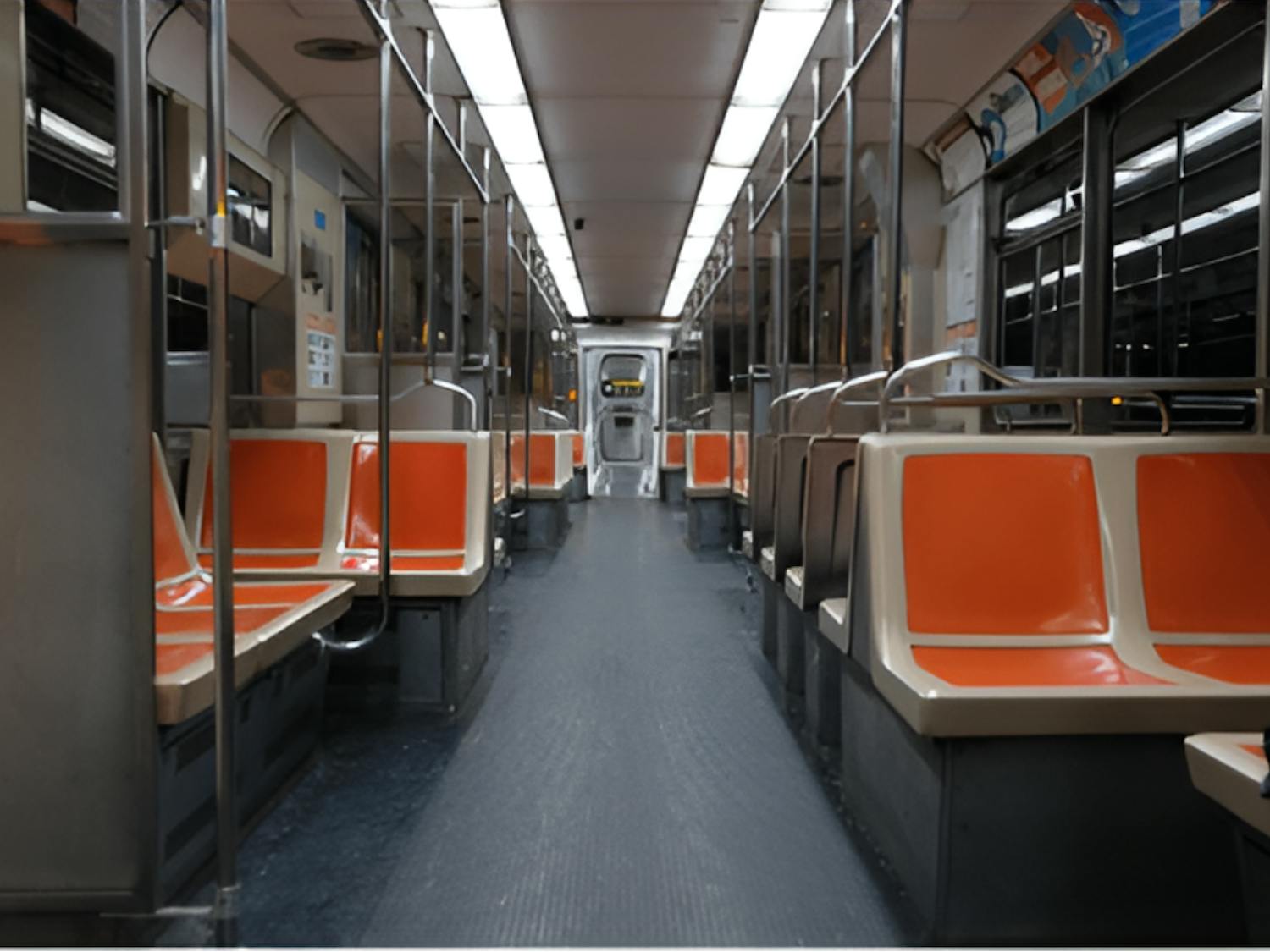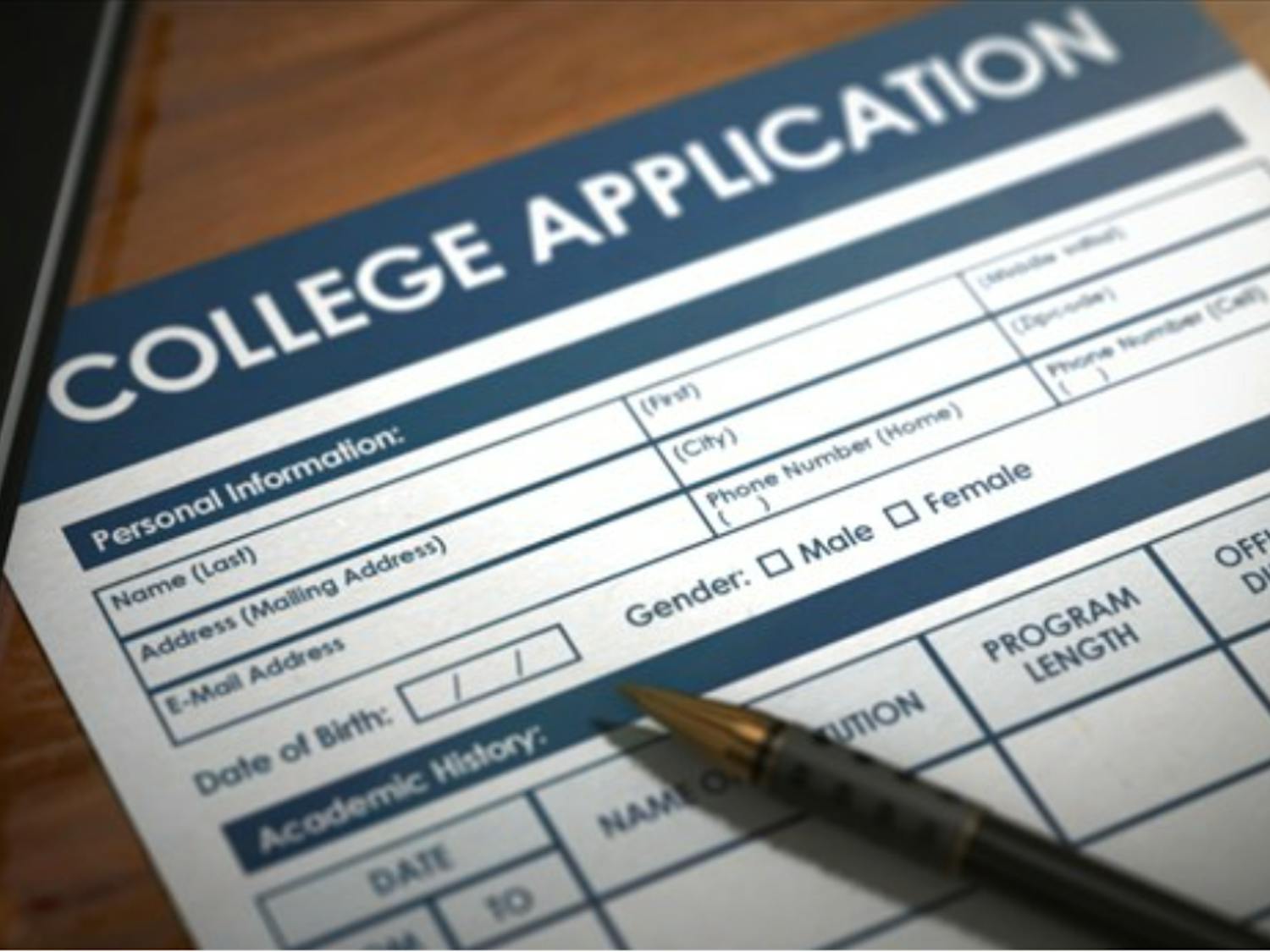One look at Masterman’s lunchroom confirms the reality of racial segregation in Philadelphia’s academic settings - the tables and friend groups are overwhelmingly racially homogeneous. Across Philadelphia, magnet, charter, and private schools remain largely segregated by race and income. Within these schools, the exclusion of Black students persists in AP courses and through the absence of Black educators. In a district whose student body is 49% Black, only 24% of teachers are Black, with fewer than 5% being Black men. As Black students lose representation in their student body and staff, the bias and daily microaggressions they face continue. Yet, these institutions breed tolerance and excuses for the racist behaviors of their students and staff, deepening the emotional burden upon Black students and silencing their experiences.
Alison Fortenberry and Jasmine Dixon, rising Masterman seniors, are leading their school community in the first step: Masterman’s Race Forum. For the past month or so, on Tuesday nights at 6:30 PM, the faces of teachers, counselors, administrators, and students pop up one by one, quickly filling the Zoom grid. The colorful slides presentation welcomes participants with a few icebreaker-esque questions, prompting members of the call to talk about the tv shows they’re hooked on or how their weeks are going. After a few minutes, when roughly sixty people are listening, Alison and Jasmine introduce themselves to new members and begin to outline the goals for the night.
Just a week or so prior to the forum’s first meeting in early June, guidance counselors led a similar high school forum in response to George Floyd’s death, hoping to provide “a safe space for students to process their thoughts and feelings.” However, like many conversations at Masterman, Alison and Jasmine were pretty confident that it was going to be dominated by white voicesーso they didn’t go. Instead, says Alison, “we wanted to do something similar, but where Black voices were the highlight and where Black students felt safe.”
Despite Masterman’s tendency to boast diversity, the number of Black students and teachers has dramatically decreased in the past couple decades. In a class of thirty-some students, one can often count the Black students on one hand. Masterman is simply no longer representative of Philadelphia, a city where there are more Black residents than white.
Naturally, pressure falls on the administration to “do something.” In the past few years, students have sat through assemblies, documentaries, and Diversity Days. But, every time, they seem to miss the mark. “I feel like the administration likes to do quick fixes,” reflects Alison. “Like a diversity day here, or ‘let's do this program here.’ I think the administration needs to keep listening for a long time to fully understand how deep this problem goes.”
Similar action plans are often brought up during the forum and Alison and Jasmine recognize the good intentions behind them.“But, at the end of the day, if you don’t even change your own mindset and your own perspective, then policies aren’t going to do anything,” says Jasmine. The forum is about action, but education is the first step in that action and it will not be rushed.
From implicit bias and microagressions to the impacts of outright discrimination, Alison and Jasmine highlight an issue to focus the conversation every week. Typically, the pair begin by reiterating the agreements within the forum. They emphasize staying engaged, avoiding being the sole dominant voice, sharing your own experiences, and expecting and accepting non-closure and discomfort. Participants are organized into smaller break out rooms, where questions guide a 20 minute discussion, before the forum returns as a whole to share out and discuss further.
Alison, Jasmine, and guest speakers, typically alumni, lead by example in sharing their experiences. They hope it will continue to make other Black students feel comfortable doing the same. It’s not easy, says Alison, because “for a long time [Black students] were silenced by administration. Even if we say that it’s not led by administration… there’s still a distrust of Masterman listening to stories.”
And for their white peers and teachers, they hope “to really affirm that this is an open conversation and that it isn’t a place for judgment,” adds Jasmine. “To show that it’s human.” It’s not easy to admit that we are guilty of or have ignored discrimination; to admit when we’ve remained silent. But when we talk about things like implicit bias, recognizing it within ourselves and admitting the harm inflicted on our peers is necessary.
Alison and Jasmine plan to continue the forum for the rest of the summer. Every week, more voices are joining the conversation and more are listening. All Masterman high school students and staff members are encouraged to sign up for the next session and can find updates at @mastermanraceforums. Looking forward, Alison and Jasmine are working with teachers and administrators to design professional development workshops and middle school forums.
In recent weeks, Black voices at Masterman and countless other schools and universities have been further amplified through “Black at …” accounts on Instagram. These pages are publishing the anonymous stories of current students and alumni, illustrating decades of destructive, racist patterns within these institutions. Between large accounts like @blackmainlinespeaks and @blackivystories to school-specific pages like @blackatmasterman, tens of thousands are following and listening.
Just as the format of these accounts has been successfully replicated for thousands of students, Alison and Jasmine’s forum may be the beginning of the same. Teachers and administrators at schools throughout Philadelphia have begun to reach out to the pair, wondering how they can begin a forum of their own.
Enjoy what you're reading?
Signup for our newsletter
However, the creation of or participation in a forum doesn’t waive further responsibility of administrations or individuals. “[Students and teachers] are hearing this and they feel that ‘Okay, now I understand’, when really, they don’t,” Jasmine said. “It’s really important for them to keep listening and to devote their energy to educating themselves versus deploying their energy to make quick changes.”
“The forum is only one place where you receive that education,” she added. “Our whole goal is really for you to do that work on your own and to grow outside of the forum.” Alison and Jasmine continue to expand an archive of anti-racist educational resources, which include How to Be an Anti-Racist by Ibram X. Kendi, TED Talks, and Yale’s free African African American History Course. Resources like these, often free and easily accessible online or in libraries, are abundant. It is not the responsibility of Black students to carry the burden of educating their white peers and teachers.
There exists a blatant privilege in educating yourself about racism through books and talks rather than living it every day. It’s time to recognize the responsibility that goes with that: to no longer being content for ourselves or those around us to simply not be racist, but to be actively anti-racist. It’s not a chance for an ego boost or an opportunity to be celebrated as a white person for educating yourself. Nor is it a checklist made of attending forums and reading articles that you can clear off your to-do list.
Racism, implicit or not, reaches beyond the halls of Masterman or any other school. It’s a pervasive reality that has been ignored for a long time. We need to face it as a district and as a community, one conversation at a time. To start, in the words of Alison and Jasmine, listen.




